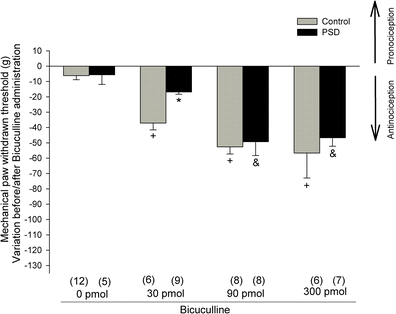8 Simple Techniques For Insomnia (Poor Sleep) - How to sleep better - Causes
The 45-Second Trick For Paradoxical insomnia - MedLink Neurology

The relative quantity of Rapid Eye Movement varies substantially with age. A newborn child spends more than 80% of total bedtime in Rapid Eye Movement. REM sleep typically inhabits 2025% of total sleep in adult people: about 90120 minutes of a night's sleep. The first REM episode occurs about 70 minutes after falling asleep.


(The increased Rapid Eye Movement later in the night is gotten in touch with the circadian rhythm and occurs even in individuals who didn't oversleep the first part of the night.) In the weeks after a human infant is born, as its nervous system develops, neural patterns in sleep begin to show a rhythm of REM and non-REM sleep.
The percentage of REM sleep then reduces considerably in childhood. Look At This Piece tend to sleep less overall however sleep in REM for about the exact same outright time, and for that reason spend a higher percentage of sleep in Rapid Eye Movement. Fast eye motion sleep can be subclassified into tonic and phasic modes. Tonic Rapid Eye Movement is defined by theta rhythms in the brain; phasic REM is defined by PGO waves and real "fast" eye motions.
Not known Details About The Paradox of REM Sleep - Scientific Animations
Deprivation results [edit] Selective REMS deprivation triggers a significant increase in the variety of attempts to enter into Rapid Eye Movement stage while asleep. On healing nights, an individual will typically transfer to stage 3 and Rapid Eye Movement sleep faster and experience a Rapid Eye Movement rebound, which refers to an increase in the time spent in REM stage over normal levels.

Nevertheless, the "rebound" REM sleep usually does not last totally as long as the approximated length of the missed out on REM durations. After the deprivation is complete, mild psychological disturbances, such as anxiety, irritability, hallucinations, and difficulty concentrating might establish and cravings may increase. There are likewise positive consequences of REM deprivation.
UNDER MAINTENANCE